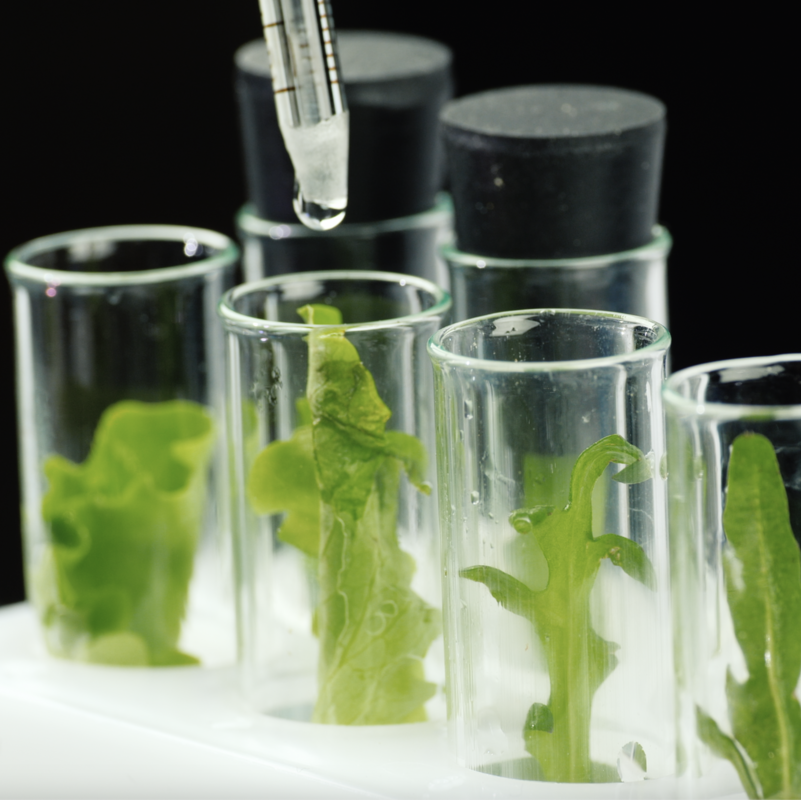Within the most innovative trends in the agricultural sector, biotechnology and genetic editing stand out for their ability to address current challenges such as population growth, climate change, and the need for more sustainable growth, climate change, and the need for more sustainable practices. These technologies promise to transform the way food is produced, improving food security and promoting more efficient agriculture
What is Biotechnology in Agriculture?
Biotechnology refers to using biological and biochemical techniques to develop products and processes that benefit agricultural production. From fermentation and tissue culture to genetic engineering, these techniques have enabled significant advances in crop improvement.
Advantages of Biotechnology
- Resistance to Pests and Diseases: Genetically modified crops can better withstand pests, reducing reliance on chemical pesticides and promoting a healthier environment.
- Tolerance to Extreme Conditions: Developed varieties can survive in drought, salinity, or extreme temperature conditions, which is crucial in a world where the climate is becoming increasingly unpredictable.
- Nutritional Improvement: Biotechnology allows for the creating of nutrient-rich crops, such as golden rice, which contains vitamin A and helps combat malnutrition in vulnerable communities.
Genetic Editing: A Precise Tool
Gene editing, especially through technologies like CRISPR-Cas9, offers the ability to make precise modifications to the DNA of plants. This technique enables scientists to make specific changes without introducing genes from other species, differentiating it from traditional genetic engineering.
Applications of Genetic Editing:
- Yield Improvement: Through genetic editing, crops can be developed to grow faster and produce more, which is essential to meet the growing food demand.
- Biofortified Crops: Genetic editing can increase the content of essential nutrients in crops, helping to combat malnutrition in various populations.
- Sustainability: Edited crops may require less water, fertilizers, and pesticides, contributing to more sustainable and environmentally friendly agriculture practices.
Challenges and Ethical Considerations
Despite the benefits, biotechnology and genetic editing face significant challenges. Concerns about food safety, the impact on biodiversity, and the ethic of using these technologies are topics of debate worldwide.
Additionally, proper regulation is vital to ensure the safety of these products before they reach the market. Policies must quickly adapt to technological advancements, ensuring that concerns are addressed while fostering innovation.
Although we do not directly apply innovations such as biotechnology and genetic editing, we are committed to researching and closely monitoring the latest trends in the agricultural sector. These technologies have the potential to revolutionize food production and address current challenges in a sustainable and ethical manner. By fostering collaboration between scientists, regulators, farmers, and consumers, we can contribute to a safer and more responsible food future. Our commitment is to stay informed about these advancements and explore how they can influence the agriculture of tomorrow.
Discover here our hydroponic greenhouses




